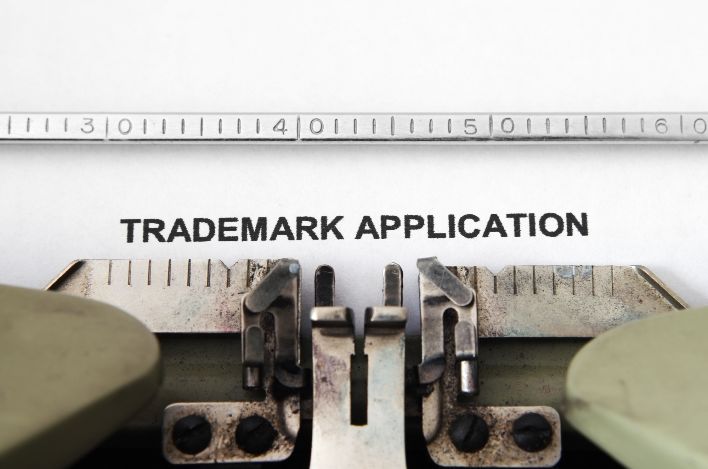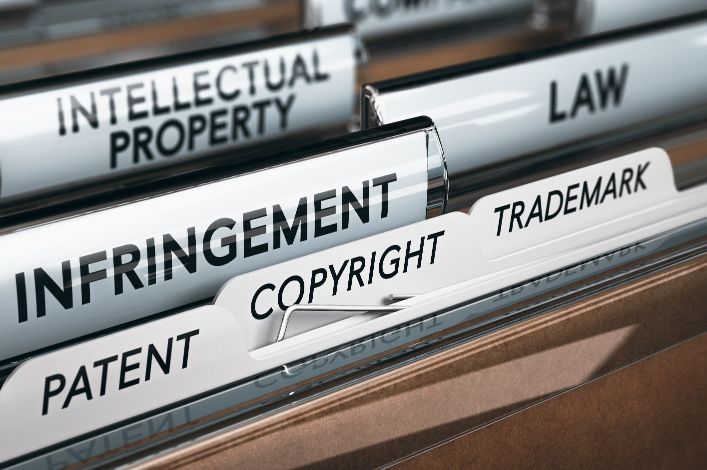This article discusses the 7 July 2022 majority decision of the Full Federal Court in Campaigntrack Pty Ltd v Real Estate Tool Box Pty Ltd [2022] FCAFC 112.
This decision highlights that businesses can be held liable for copyright infringement committed by a third party developer, but that the risk can be mitigated by checking the developer’s history and insisting on appropriate warranties in the development agreement.


![Businesses can be held liable for copyright infringement committed by a third party developer: Campaigntrack Pty Ltd v Real Estate Tool Box Pty Ltd [2022] FCAFC 112](/upload/holman-webb-lawyers/shutterstock1467043322-software-code-1.jpg)
![Federal Court confirms that a patent applicant, owner and inventor must be a natural person: Thaler v Commissioner of Patents [2021] FCA 879](/upload/holman-webb-lawyers/shutterstock680929729-artificial-intelligence-ai-intellectual-property-1.jpg)
![What are the Limits of Implied Software Licences? QAD Inc v Shepparton Partners Collective Operations Pty Ltd [2021] FCA 615](/upload/holman-webb-lawyers/shutterstock357273935-spc.jpg)






